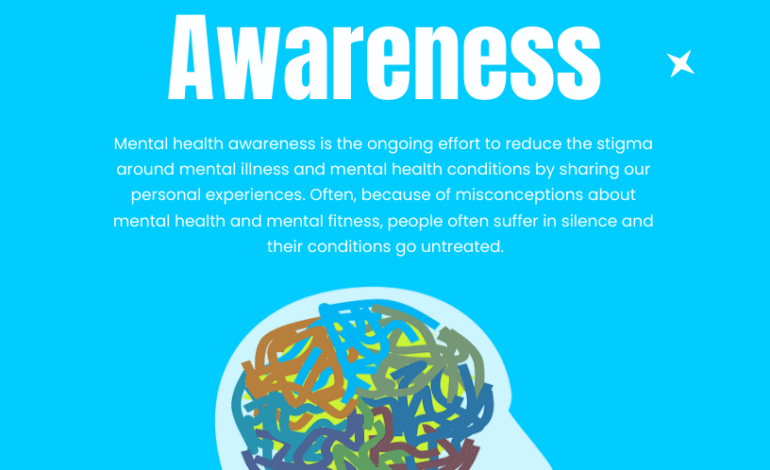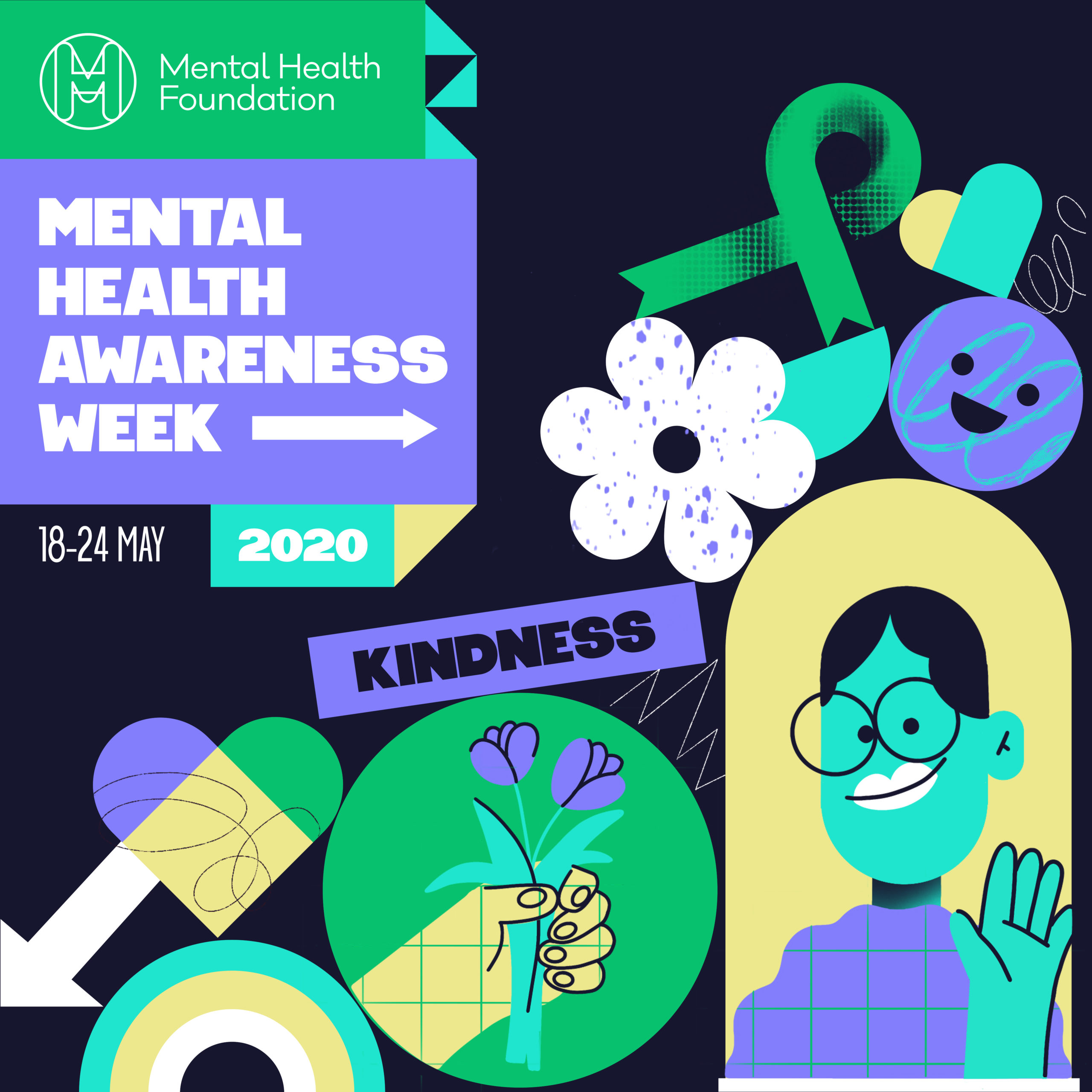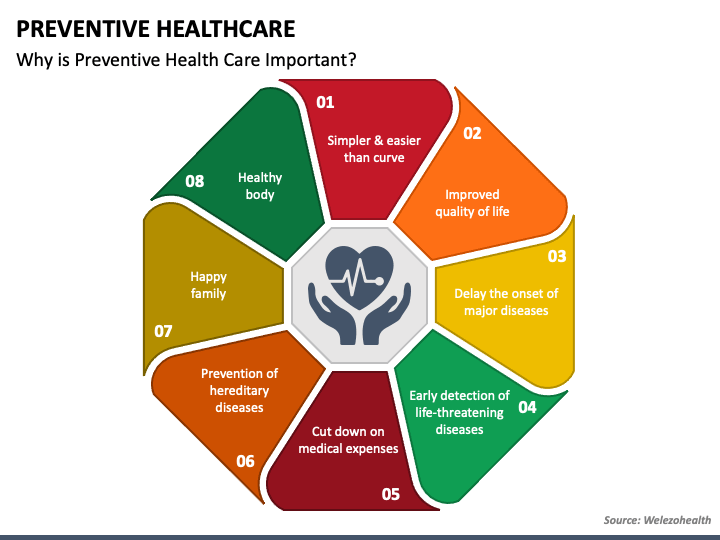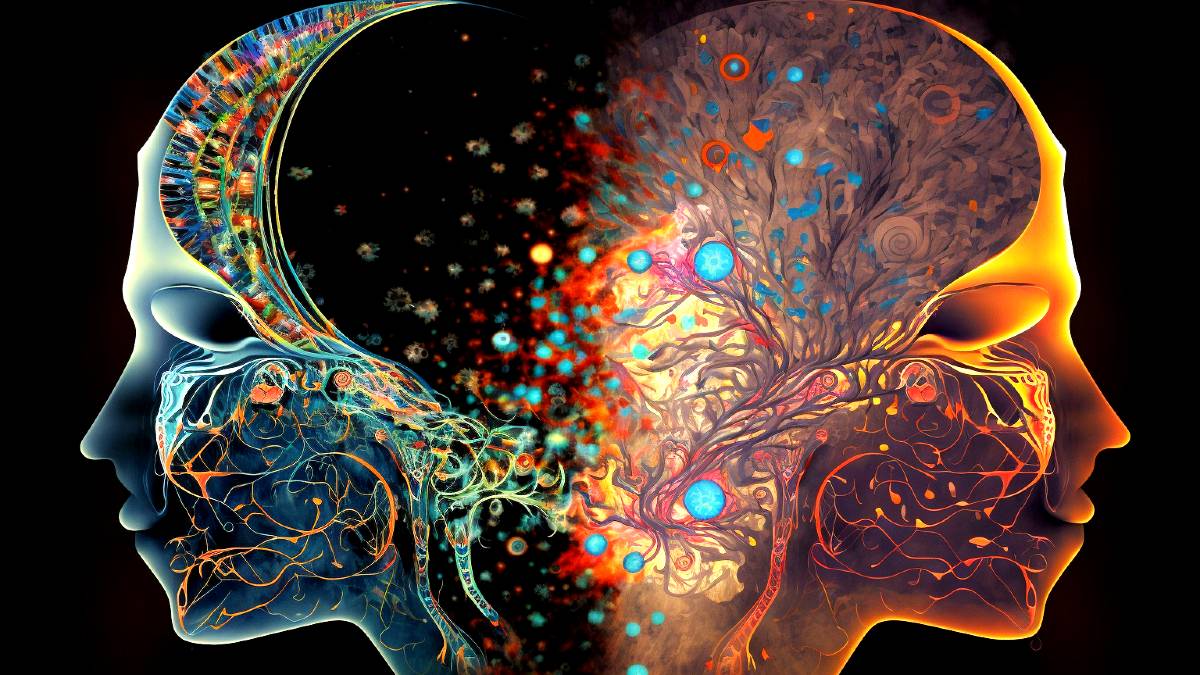Prioritizing Mental Health

“`html
Understanding Mental Health: A Comprehensive Guide
Mental health is a crucial aspect of our overall well-being, yet it often remains shrouded in stigma and misunderstanding. This post aims to provide a comprehensive understanding of mental health – what it encompasses, why it’s important, common challenges, and resources available for support. Whether you’re struggling personally or want to learn more to help others, this guide is designed to be informative and empowering.
What Exactly Is Mental Health?
Mental health isn’t just the absence of mental illness. It’s a state of well-being where an individual can realize their abilities, cope with normal stresses of life, work productively, and contribute to their community. It includes our emotional, psychological, and social well-being. This affects how we think, feel, and behave. Our mental health influences how we handle stress, relate to others, and make choices.
Importantly, everyone has mental health. Just like physical health, it exists on a spectrum. We can experience good mental health, areas where we need support, or be dealing with a more significant challenge requiring professional help.
Why is Mental Health Important?
The importance of mental health cannot be overstated. It significantly impacts nearly every aspect of our lives:
- Physical Health: Poor mental health can negatively impact physical health, increasing the risk of chronic diseases like heart disease and diabetes.
- Relationships: Mental health challenges can strain relationships with family, friends, and romantic partners.
- Work/School Performance: Difficulty concentrating, lack of motivation, and anxiety can significantly hinder performance in work or school settings.
- Overall Quality of Life: Untreated mental health conditions can diminish enjoyment of life and prevent individuals from reaching their full potential.
Recognizing the significance of mental health allows us to prioritize it and seek help when needed, ultimately improving our overall well-being.

Common Mental Health Challenges
A wide range of conditions fall under the umbrella of mental health challenges. Here are some common examples:
- Anxiety Disorders: This includes generalized anxiety disorder (GAD), panic disorder, social anxiety disorder, and phobias. Symptoms can include excessive worry, restlessness, difficulty concentrating, and physical symptoms like rapid heartbeat or shortness of breath.
- Depressive Disorders: Depression is characterized by persistent sadness, loss of interest in activities, fatigue, changes in appetite or sleep, and feelings of hopelessness. There are different types of depression, including major depressive disorder (MDD) and seasonal affective disorder (SAD).
- Bipolar Disorder: This involves extreme shifts in mood, from manic highs to depressive lows. These episodes can significantly disrupt daily life.
- Obsessive-Compulsive Disorder (OCD): OCD is characterized by intrusive thoughts (obsessions) that lead to repetitive behaviors or mental acts (compulsions).
- Post-Traumatic Stress Disorder (PTSD): PTSD develops after experiencing a traumatic event and can involve flashbacks, nightmares, anxiety, and avoidance of reminders of the trauma.
- Eating Disorders: These are characterized by abnormal eating patterns and distorted body image. Examples include anorexia nervosa, bulimia nervosa, and binge-eating disorder.
- Schizophrenia: This is a serious mental illness that affects how a person thinks, feels, and behaves. Symptoms can include hallucinations, delusions, and disorganized thinking.
It’s important to remember that experiencing occasional sadness or anxiety doesn’t necessarily mean someone has a mental health condition. However, if these feelings are persistent, severe, and interfere with daily life, seeking professional help is crucial.
Factors That Can Affect Mental Health
Mental health isn’t solely determined by genetics; numerous factors can contribute to its state:
- Biological Factors: Genetics, brain chemistry, and physical health conditions can all play a role.
- Environmental Factors: Trauma, abuse, neglect, poverty, discrimination, and social isolation can negatively impact mental health.
- Lifestyle Factors: Poor diet, lack of sleep, insufficient exercise, and substance use can contribute to mental health challenges.
- Social Support: Strong social connections and a sense of belonging are vital for good mental health.
Breaking the Stigma
One of the biggest barriers to seeking help for mental health conditions is stigma. Stigma leads to shame, fear, and discrimination, preventing individuals from reaching out for support. We need to actively work towards breaking down these stigmas by:
- Educating Ourselves: Learning about mental health conditions and challenging misconceptions.
- Speaking Openly: Sharing our own experiences (if comfortable) can encourage others to do the same.
- Using Respectful Language: Avoiding derogatory terms and focusing on person-first language (e.g., “a person with depression” instead of “a depressed person”).
- Supporting Mental Health Initiatives: Advocating for policies and programs that promote mental health awareness and access to care.
Resources & Support
If you or someone you know is struggling, remember that help is available. Here are some resources:
- National Alliance on Mental Illness (NAMI): https://www.nami.org/ Offers support groups, education programs, and advocacy.
- MentalHealth.gov: https://www.mentalhealth.gov/ Provides information on mental health conditions and resources.
- Crisis Text Line: Text HOME to 741741 for immediate support.
- The Trevor Project: https://www.thetrevorproject.org/ Provides crisis intervention and suicide prevention services for LGBTQ young people.
- Substance Abuse and Mental Health Services Administration (SAMHSA): https://www.samhsa.gov/ Offers a national helpline and information on treatment options.
Remember, seeking help is a sign of strength, not weakness.
Taking Care of Your Mental Health
Proactive steps can be taken to support your mental health:
- Prioritize Self-Care: Engage in activities that bring you joy and relaxation, such as spending time in nature, reading, or practicing mindfulness.
- Maintain Healthy Habits: Eat a balanced diet, get regular exercise, and prioritize sleep.
- Connect with Others: Spend time with loved ones and build strong social connections.
- Practice Mindfulness: Paying attention to the present moment without judgment can reduce stress and improve emotional regulation.
- Set Boundaries: Learn to say no to commitments that drain your energy or compromise your well-being.
Conclusion
Mental health is an integral part of overall wellness, deserving our attention and care. By understanding the complexities of mental health, challenging stigma, utilizing available resources, and prioritizing self-care, we can all contribute to a world where everyone has access to the support they need to thrive.
“`



